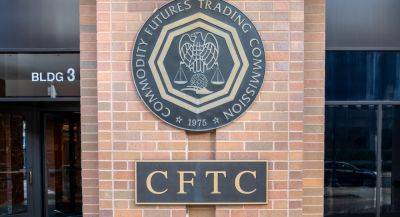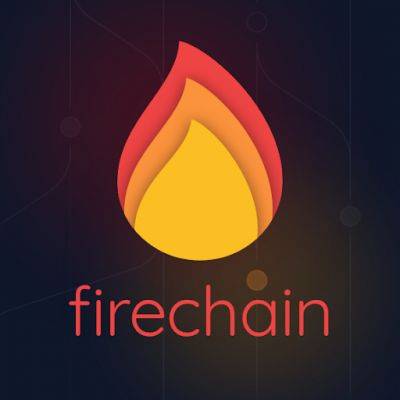Decentralized exchange GMX votes to use Chainlink low-latency oracles
Chainlink’s (LINK) low-latency oracles will integrate with the decentralized exchange (DEX) GMX following a successful governance proposal that sought to provide more “granular” real-time market data to GMX v2.
Voting ended on April 25 at 12:00 am UTC, with over 96% of participating GMX tokenholders voting in favor of the proposal.
The new Chainlink oracles — which were built with the input of GMX core contributors — were brought in to improve upon the functionality of perpetual DEXs and price-sensitive trading on GMX, the author of the proposal explained.
The @GMX_IO community has officially approved a proposal to integrate Chainlink's new low-latency oracles as the launch partner in an on-chain vote with 96.28% approval.This integration will enhance both the security and UX of GMX's derivatives protocol.https://t.co/sh1tLDLtps
In addition, the low-latency oracles are said to strengthen security, further decentralize the protocol and improve upon the user experience, Johann Eid, the head of integration at Chainlink Labs, said.
While these new oracles utilize the same oracle node operators and data aggregation mechanisms used in existing Chainlink reference feeds, Eid explained that the new oracles extract data at a “higher frequency.”
Eid explained the strengthened security will come from the low-latency oracles providing a “strong degree of tamper-resistance when settling user trades.”
Another Twitter commentator, Aylo, explained to their 62,600 followers on April 8 that the integration would “reduce exposure to stale price execution and value extraction” for GMX derivative traders.
So how does this help GMX?In a nutshell:This solution helps GMX reduce trading fees and increase efficiency and user experience.It's also a huge
Read more on cointelegraph.com






















